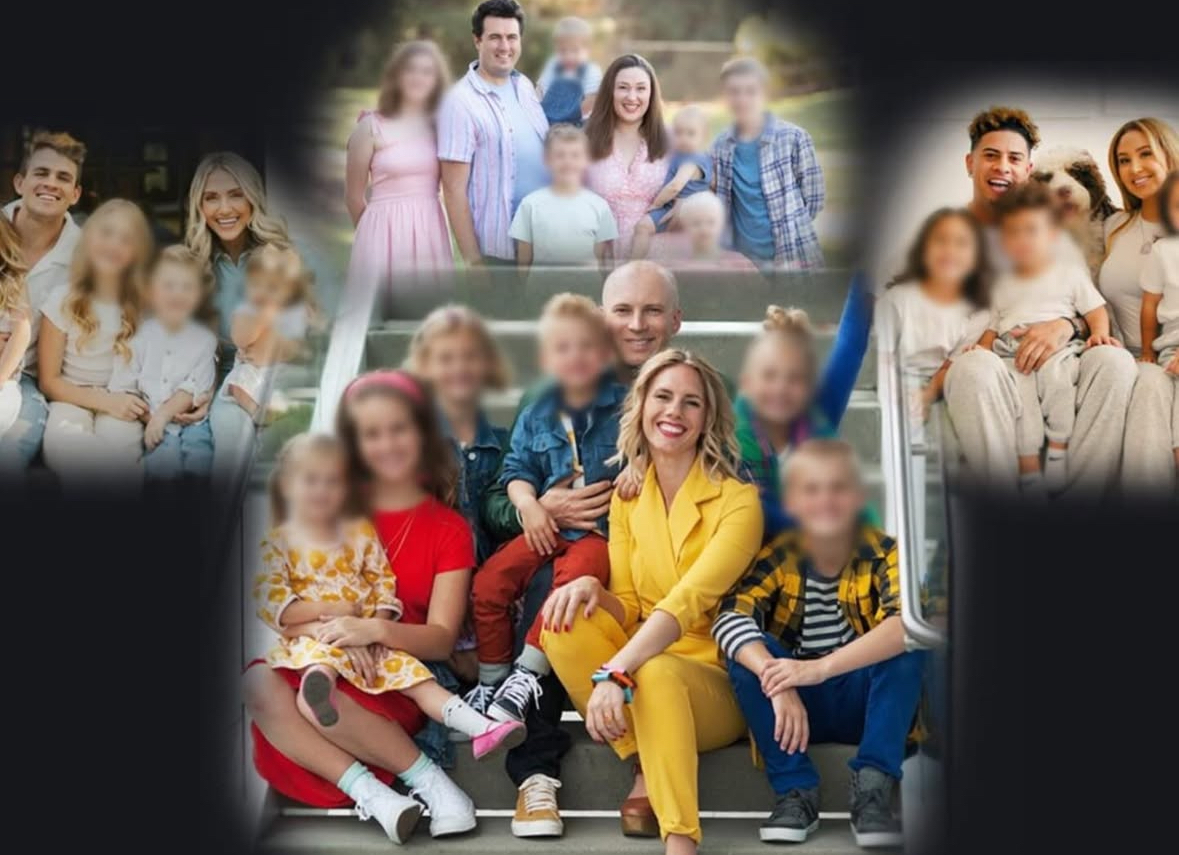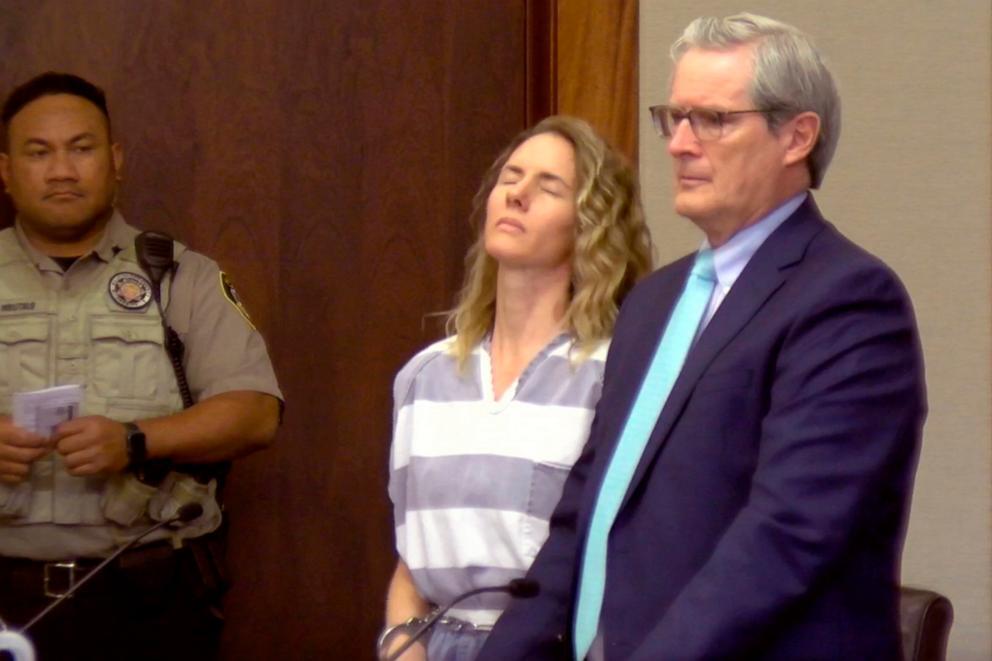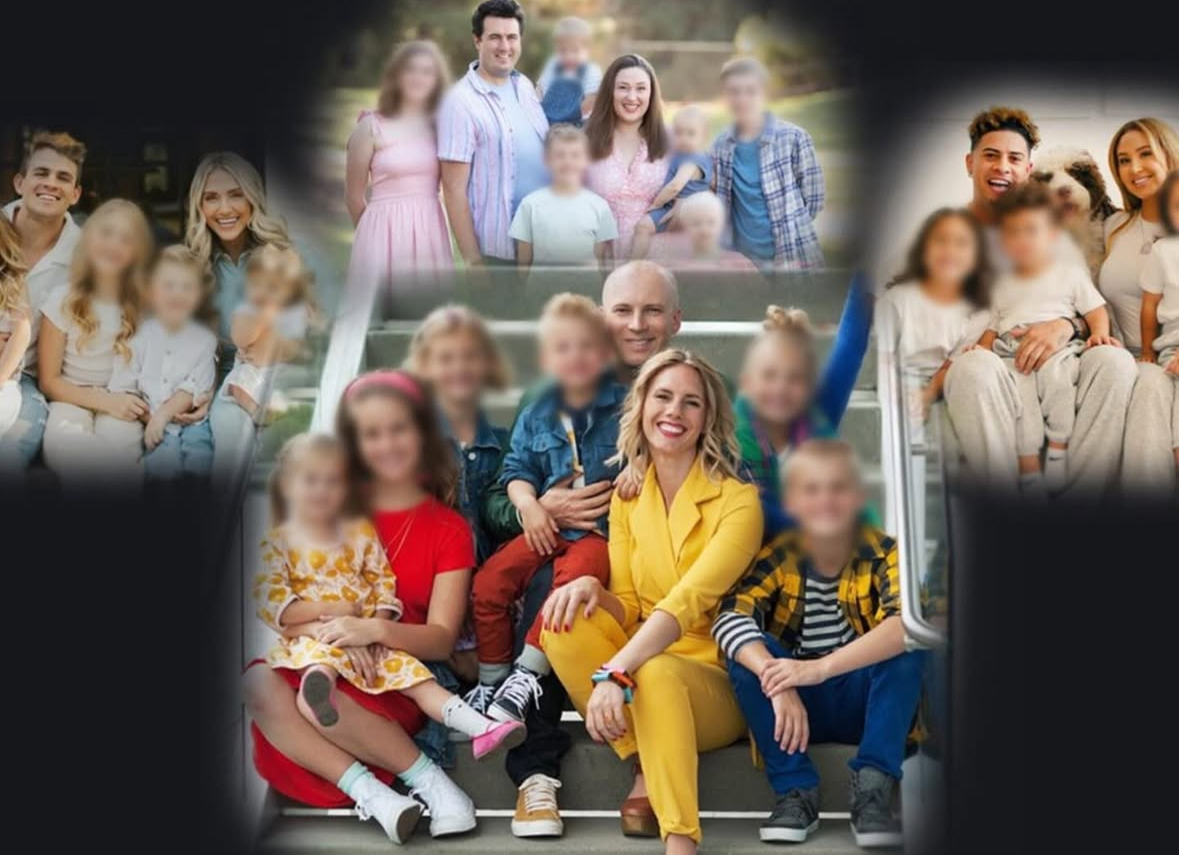California is cracking down on parents profiting off their kids online. Now family vloggers are fleeing the state — but not for the reasons they claim

Suddenly, your favorite family vloggers are packing their bags and fleeing California.
Why? They're calling it a lifestyle shift — but don’t be fooled. Behind the sunny Instagram stories and carefully worded YouTube updates lies a much darker truth: California just made it harder to exploit kids for content, and some influencers are running.
California Is Finally Holding Influencers Accountable
In 2024, California passed two new laws – SB 764 and AB 1880 – aimed at protecting minors in monetized online content.
For the first time, kids featured in family vlogs and social media posts must be fairly compensated. If a child appears in a significant amount of content, a percentage of the earnings must be set aside in a trust, which the child can access once they turn 18.
These laws don’t just regulate content — they force a reality check. Kids aren't props. They're people.
And now the law finally sees them that way, too. The push for these protections was supported by public figures like Demi Lovato, who backed the legislation and spoke out about the dangers of exploiting children online.

"Just a Coincidence"? People doubt it
Despite the timing, influencers like Brittany Xavier deny any connection between their sudden moves and the new legislation. These creators have built entire careers off their kids’ lives.
Some have relocated to states like Tennessee, where similar laws don’t exist, raising concerns that these moves could be about avoiding regulation rather than embracing a new lifestyle. Let’s be real: when the law starts asking questions, some influencers might prefer moving over adjusting.
Using Children for Clout — And Getting Paid for It
The family vlogging world has operated without real rules for years. Children have been filmed in bathtubs, punished on camera, and manipulated into performing for views. None of it was illegal – until now.
California’s laws challenge that status quo by introducing basic protections that should’ve existed all along.
Just look at Ruby Franke, the YouTuber behind 8 Passengers and one of the most famous family vloggers of all time, who was sentenced to prison for child abuse in 2024. Her downfall exposed just how dark things can get when kids are treated like content.

Moving to Tennessee or other “content-friendly” states might not just be about fresh starts. For some creators, it could be a way to continue their content without facing the stricter regulations introduced in California.
In states without similar laws, there are currently fewer requirements regarding how much a child appears on camera or where the earnings go.
While none of this is confirmed, the timing has raised questions, and for critics, it suggests a possible loophole rather than just a lifestyle shift.
What are your thoughts on the new law?


































